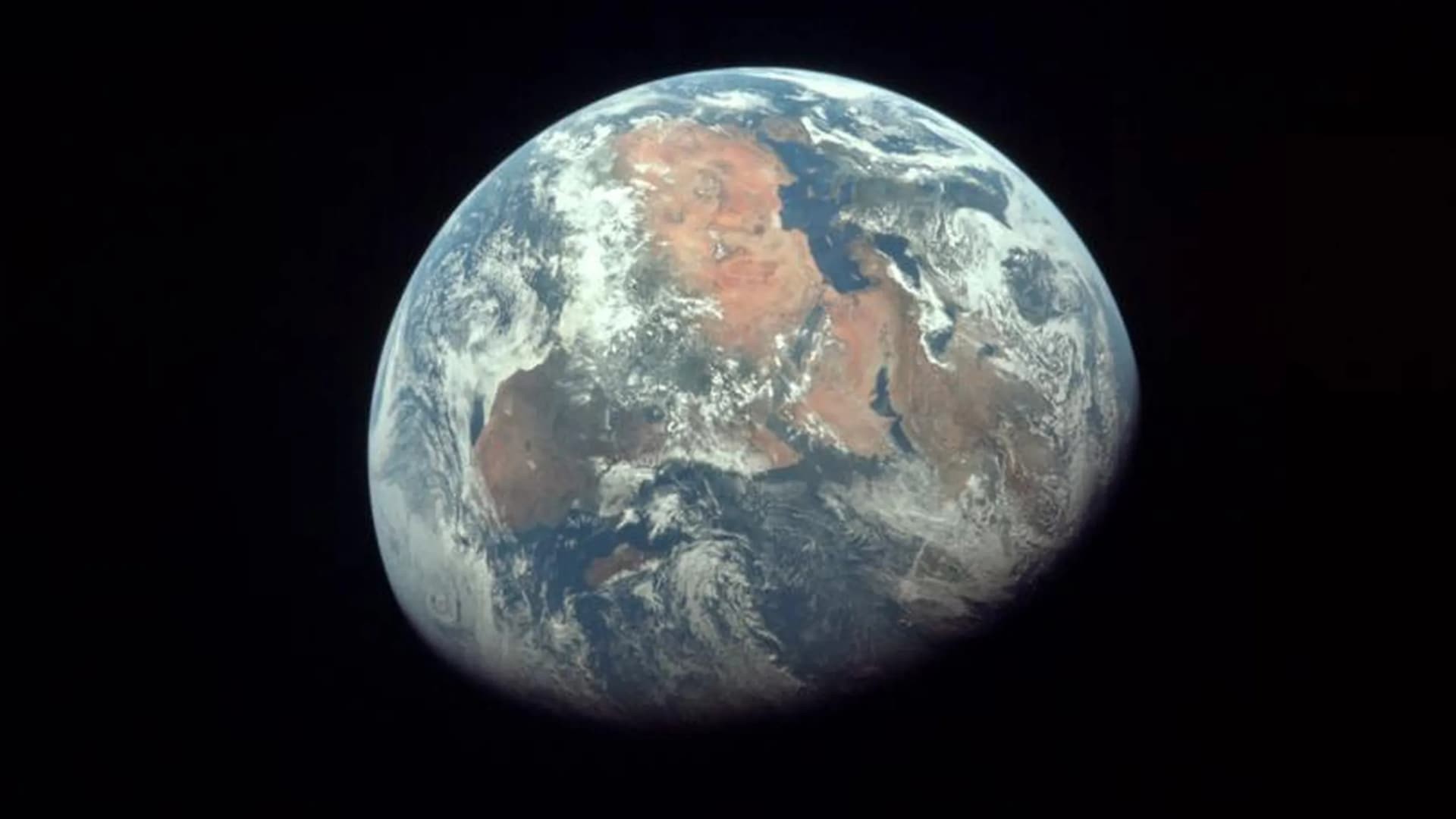In school we were always taught that a day consists of 24 hours, which is the time it takes the Earth to rotate on its axis. To be precise at the moment, a day lasts 23 hours, 56 minutes and 4 seconds, although these can vary depending on the season. This rotational motion of the Earth has changed over the 4,543 billion years since its existence. This changes the length of days, and in fact continues to do so now, moving away from the 24-hour format we currently know. In this sense, a group of scientists published a study indicating that, due to these differences, the Earth is expected to eventually have a 25-hour day.
The Earth rotates on its axis, which passes through the north and south poles (rotational motion) and over the sun (translational motion). In this way, there is day and night thanks to this rotational movement and the seasons of spring, summer, fall and winter due to translation.
But why does the Earth's rotation slow down? Firstly, Days on Earth lengthen very slowly due to the gravitational interaction between the Earth, the Moon, and the Sun. This phenomenon is known as Earth's rotation slows down. The Moon's gravity causes tides on Earth, and friction between ocean tides and the sea floor slows Earth's rotation. as a result of, Days are getting longer by about 1.7 milliseconds every century.
Why would the Earth have 25 hours in a day?
When the Earth formed, about 4.5 billion years ago, days were about 6 hours long. At the time when our satellite, the Moon, was formed, the Earth's rotation slowed down due to gravitational forces (the law of universal gravitation).
Astrophysicist Norman MurrayIn his article titled “Why is a day long 24 hours?“The History, Composition, and Average Temperature of Earth's Atmospheric Tides,” published in the journal Sciences Advances, explains the evolution of days. If between 2,600 and 2,000 million years ago, the duration of a day on Earth was only 19.5 hours and it lengthened This means that as the years pass, days will last 25 hours.
Now, this won't be tomorrow or next year. As we said, in each century, the day on Earth lengthens by 1.7 milliseconds. This process is so gradual that it is humanly imperceptible on the time scale of a human life.
on When the Earth is 25 hours old, it is estimated that about 200 million years have passedAssuming there are no other significant changes in the dynamics of the Earth-Moon system. Therefore, it is a change that will not affect the current generations or many future generations.

“Proud web fanatic. Subtly charming twitter geek. Reader. Internet trailblazer. Music buff.”

:quality(85)/cloudfront-us-east-1.images.arcpublishing.com/infobae/TEQF6EONZRFGLLLDIDD4L2O4EE.jpg)

:quality(75)/cloudfront-us-east-1.images.arcpublishing.com/elcomercio/XU32LRAEZFDDPNVHLFU3CKVBYY.jpg)



More Stories
How to create 3D videos with my iPhone, it will be very useful even for your business
NASA discovers an anomaly in the Earth’s magnetic field that could have serious consequences for humans
Can the Earth be divided into two parts?